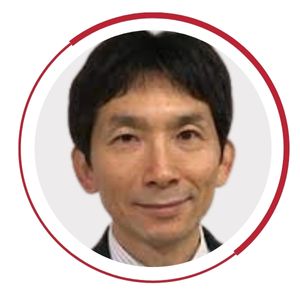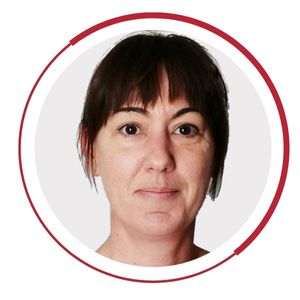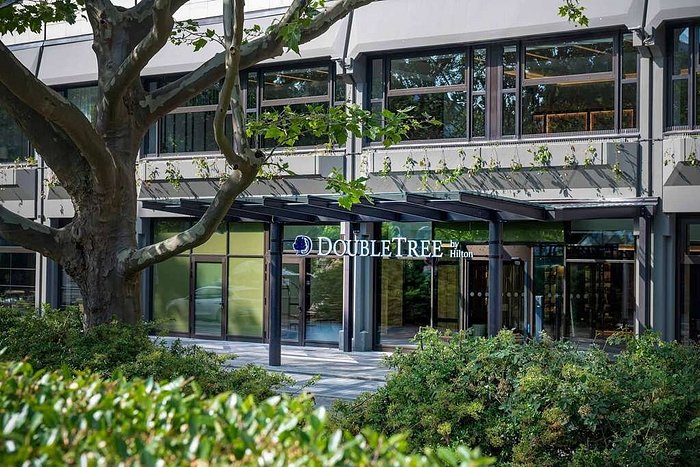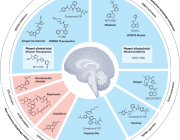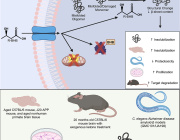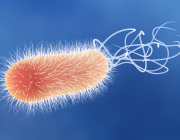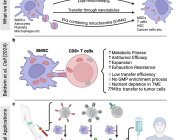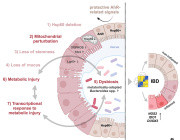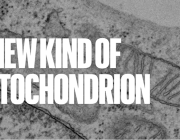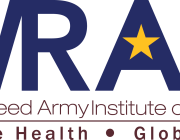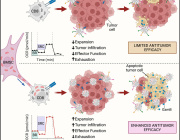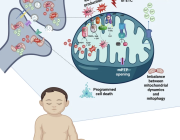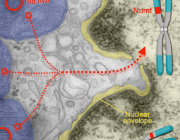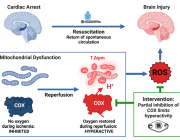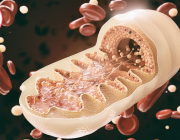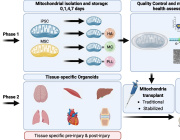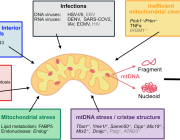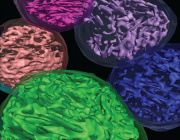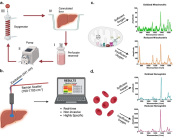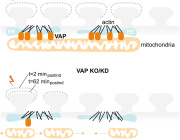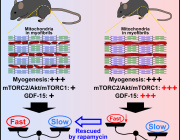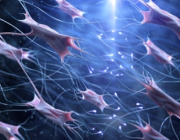World Mitochondria Society Task Force: Call For Strategic Projects
We have the pleasure to announce the formation of the WMS Task Force, a groundbreaking initiative committed to driving innovation and reshaping the landscape of mitochondria research in health and diseases.
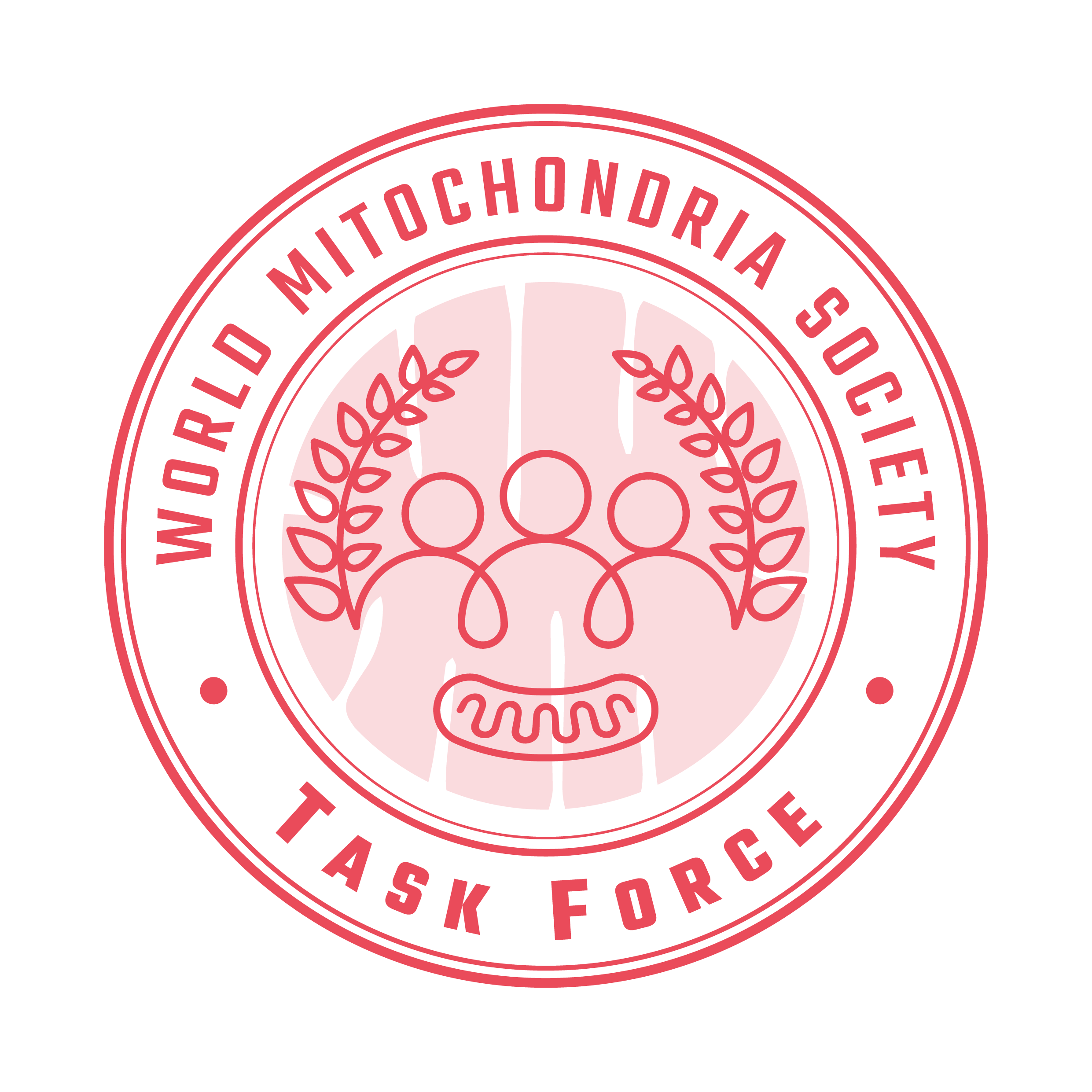
The Aim of WMS Task Force
Through the establishment of a cooperative environment, this Task Force aims to address the challenges that impede the understanding, prevention and treatment of diseases related to mitochondria. It is a platform where knowledge and expertise are freely shared, fostering an atmosphere conducive to significant advancements in mitochondria research in health & diseases.
Our vision of establishing a Task Force that brings together multidisciplinary experts, which is crucial for pushing the boundaries of mitochondrial research and innovation. By fostering a collaborative environment, we can collectively address challenges, share knowledge and expertise, and drive advancements in the understanding of mitochondria research and related diseases.
WMS Task Force Projects
The WMS Task Force is launching 2 projects for the improvement of mitochondrial research and applications:
1- Mitochondrial Transfer & Tunneling Nanotubes (TNTs). Read more.
2- Mitochondrial Oscillation and Resonance: Impact on ATP Production and Distribution in Health and Diseases. Read more.
The Funding
In terms of funding, the WMS Task Force is prepared to submit the selected projects to both public and private institutions. The objective is to secure the necessary resources to fuel these projects, and ensure the sustainability and longevity of the task force.
The collected funding will be distributed to all teams invovled in the Task Force.
How to Join the Task Force & Structure your Project Proposal?
To contribute to one of these 2 pioneering projects, the WMS requests interested researchers and teams to submit a proposal detailing the following aspects:
· Project Overview:
Please provide a concise description of your current research or project. Include key goals, methodologies used, and any preliminary results or findings that could highlight the relevance and potential impact of your work.
· Alignment with Task Force Goals:
Articulate how your work contributes to the broader objectives of the task force. This could be in terms of techniques being developed, the specific aspects of mitochondrial transfer your project focuses on, or the potential applications of your research.
· Challenges and Solutions:
Identify any potential hurdles or obstacles you anticipate in the course of your research. This could be technical issues, logistical constraints, or theoretical problems. Additionally, provide an outline of how you propose to tackle these challenges. This shows proactive problem-solving and can help us better understand the feasibility of your project.
· Team Profile:
Furnish an overview of your team and its expertise. Highlight the skills, qualifications, and experiences of your team members that make them well-equipped to carry out the proposed project. Include any past achievements or relevant projects that demonstrate your team’s capacity to successfully execute the research.
How to Submit?
Please submit your projects and details above to:
· Prof. Volkmar Weissig, President of the WMS
· Prof. Marvin Edeas, Chairman of the Scientific Committee
- At the following email address: mitochondria(at)wms-site.com.
- Deadline for the submission: June 30, 2024.
Applications will be reviewed by the Task Force Selection Committee, and successful applicants will be contacted to proceed to the next stage of the process. Please note that acceptance into the task force is competitive, and only a select number of applicants will be chosen to join.
We look forward to your valuable input and collaboration in this groundbreaking endeavor.
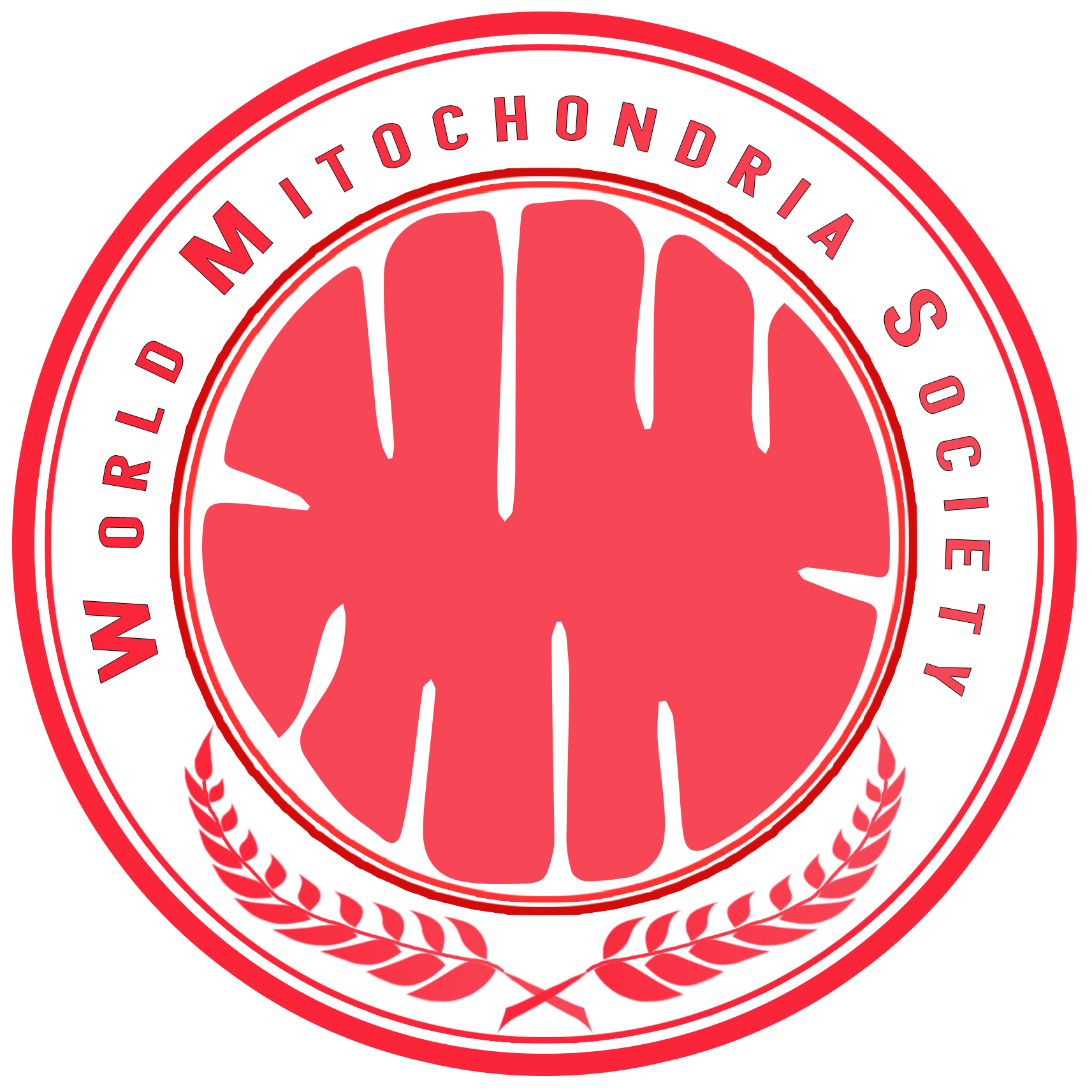 World Mitochondria Society
World Mitochondria Society
Targeting Mitochondria Congress
























